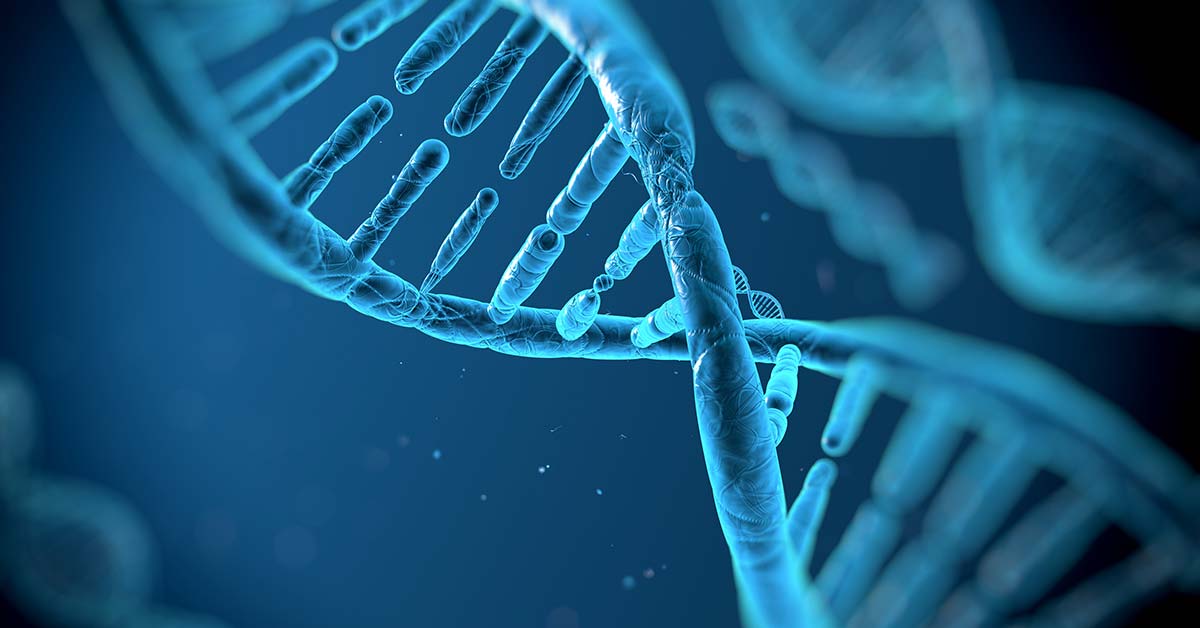
Hereditary Prostate Cancer: What Every Man Should Know
-
On a typical day, an average of nearly 480 men in the U.S. are newly diagnosed with prostate cancer.
Most men facing this cancer don’t have a family history of the disease. Still, a family history does raise the risk of prostate cancer. For example, having a father or brother with prostate cancer more than doubles a man’s chance of developing it too. That risk escalates for men with several affected relatives, especially if they were young when cancer struck.
Inherited risk of prostate cancer
Over past decades, scientists have learned that some prostate cancer that runs in families is hereditary. “In these cases, mutations in genes that raise the risk of prostate cancer occur in every cell of the body and are passed on from either a mother or father to a child,” said Elias Obeid, MD, MPH, medical oncologist and director of the Prostate Risk Assessment Program at Fox Chase Cancer Center.
These inherited alterations in genes may be responsible for up to 10 percent of all prostate cancers, according to the American Cancer Society, and often occur in genes that repair damage to DNA, including BRCA1 and BRCA2 genes.
Mutations in these two genes are best known for causing breast and ovarian cancer in women. “But they also raise prostate cancer risk in men who inherit them, especially faulty BRCA2 genes, which are tied to aggressive prostate cancer,” Obeid said.
Other genes that can cause prostate cancer through mutations include those related to DNA repair, such as CHEK2 and ATM; HOXB13, which is related to the development of the prostate gland; and the genes tied to a disease called Lynch syndrome.
Could you have a faulty gene?
Red flags that you may have inherited a gene that raises prostate cancer risk include:
- Multiple family members diagnosed with prostate cancer, especially before age 55.
- A family history of prostate cancer coupled with breast, ovarian, colon, or pancreatic cancer.
A simple blood test can help determine if you carry a worrisome gene. “So be sure to share your family’s cancer history with your doctor,” Obeid advised. If appropriate, your doctor can refer you to a genetic counselor to help you decide if testing is right for you and to help you understand the results.
If genetic testing does reveal that you have an inherited risk of prostate cancer, early screening with a digital rectal exam and PSA blood tests could help doctors find any prostate cancer that develops; and, if cancer is ever suspected, your doctor may recommend that a biopsy be performed. For men with an increased genetic risk for prostate cancer, biopsies may be recommended at a lower PSA level than usually is for those with no inherited risk.
Your family members might also want to consider genetic testing because they may have inherited the same abnormal gene.
Another red flag: metastatic cancer
Be aware that metastatic prostate cancer—cancer that has spread beyond the prostate gland—is also a reason to consider genetic testing for hereditary prostate cancer. Here’s why:
Research shows that inherited gene mutations are present in approximately 12 percent of all men with prostate cancer that has spread, Obeid said.
“An inherited mutation may have important treatment implications,” he said. “Drugs known as PARP inhibitors may be beneficial in treating some inherited prostate cancers.”
The takeaway: learning you may be genetically vulnerable to prostate cancer may help you make vital decisions to protect your health—and your family’s health.
We’re here to help
The Prostate Risk Assessment Program at Fox Chase offers special counseling and education programs for men who are at high risk of prostate cancer and for those who have already been diagnosed with the disease. Call 877-627-9684 to learn more.
